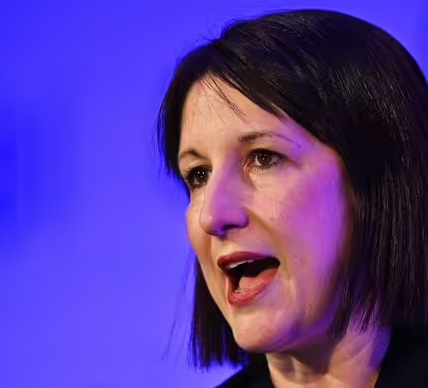Cash-strapped pensioners who have had their £300 Winter Fuel Payment snatched away will allegedly be in for a huge boost – but not everyone will be eligible

Will you actually see any of the ‘boost’? (Image: Getty)
Chancellor Rachel Reeves has boldly claimed pensioners will be a whopping £1,700 better off under Labour – but critics have slammed the announcement as ‘misleading’.
To bat off heavy backlash from the decision to scrap the Winter Fuel Payments for millions of pensioners, the politician has reassured cash-strapped Brits will be in for a hefty boost over the next five years.
Reeves pledged to maintain the triple lock, which makes sure the State Pension will always increase in line with the highest of inflation, wage growth, or default minimum of 2.5%.
From next April, the New State Pension will increase from £11,502 a year to around £11,962, an increase of £460. But those who reached their pension age before 2016 will see just a £353 increase from £8,814 to £9,167.
According to Treasury estimates, pensioners will be better off by £1,700 by the time of the next general election thanks to the triple lock, counter balancing the deduction from the Winter Fuel Allowance, reports Birmingham Live.
Writing in the Telegraph, Reeves said delivering change meant making ‘difficult decisions’ to achieve ‘economic stability’.
However, not only does the boost not apply to the majority of pensioners who retired before April 2016 – it will also risk swathes of retired Britons being dragged over the personal allowance of £12,750 and forced to pay tax.
Skeptics have also pointed out that the majority of the rise is purely to offset rising prices, meaning pensioners won’t actually feel the benefit of the increase.
Jonathan Cribb, head of retirement and savings at the Institute for Fiscal Studies (IFS) agrees the announcment isn’t as generous as it first seems.
“A £1,700 per year cash-terms increase in the value of a new state pension between now and 2029 is consistent with OBR forecasts for the next five years and keeping the triple lock,” he told the Telegraph.
“But of the £1,700 rise, around £1,050 of that is just keeping up with expected inflation, meaning it looks more like a £650 increase in real terms, and a smaller increase still relative to average earnings.”
In the meantime, the deadline for the Winter Fuel Payment is quickly approaching. You can see if you’re eligible here.


